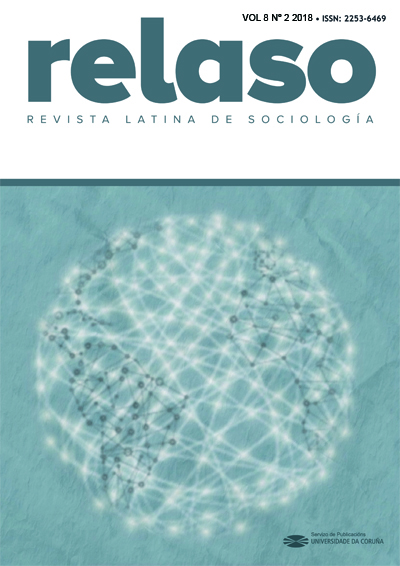Reflexiones sobre la Verdad y Ciencia como representaciones sociales de un contexto.
Contenido principal del artículo
Resumen
La incesante búsqueda de la Verdad que ha caracterizado a la humanidad, ahora conjugada con la Ciencia, busca unificar los criterios que conforman la visión total del mundo, teniendo como epicentro al hombre. La verdad y la Ciencia son presentadas como objetivas, exentas de valores y dotadas de justicia, con un lenguaje que determina las características de la comunidad donde se desarrollan. En este ensayo, analizamos algunos argumentos de autores que cuestionan esta postura, apuntando al reconocimiento de la verdad como representación social, enmarcados conceptualmente en la discusión sobre los métodos para interpretar socialmente las observaciones individuales.
Palabras clave:
Descargas
Métricas
Detalles del artículo
Citas
Bloor, D. (1998). Conocimiento e imaginario social. Gedisa.
Miguelez, M. M. (1993). El Paradigma Emergente Hacia Una Nueva Teoría de la Racionalidad Científica.
Nietzsche, F (s/f). Sobre verdad y mentira en sentido extramoral. http://www.lacavernadeplaton.com/articulosbis/verdadymentira.pdf
Nogueira, L. A. C., Nogueira, M. Á. C., & Navarro, J. M. (2005). Metodología de las ciencias sociales: una introducción crítica.
Popper, K. R. (1991). Conjeturas y refutaciones: el desarrollo del conocimiento científico. Paidós Ibérica.
Toribio, J. C. P. (2006). Retórica, argumentación y elección de teorías en TS Kuhn. Equinoccio.


